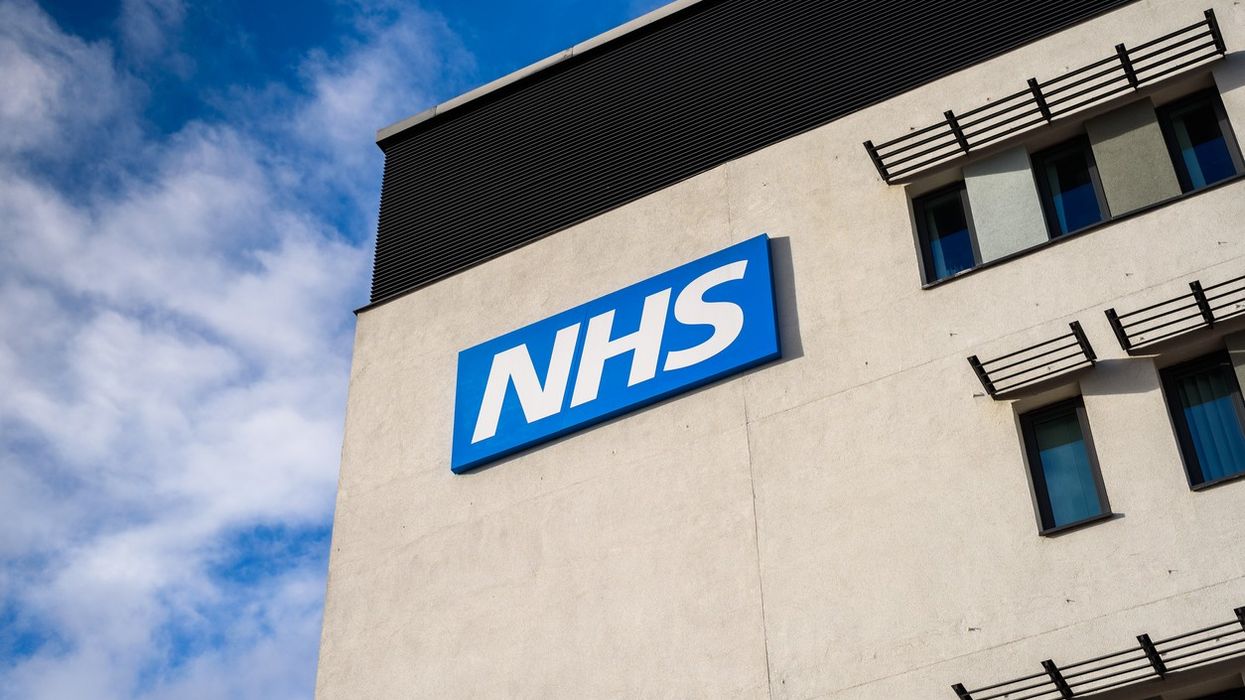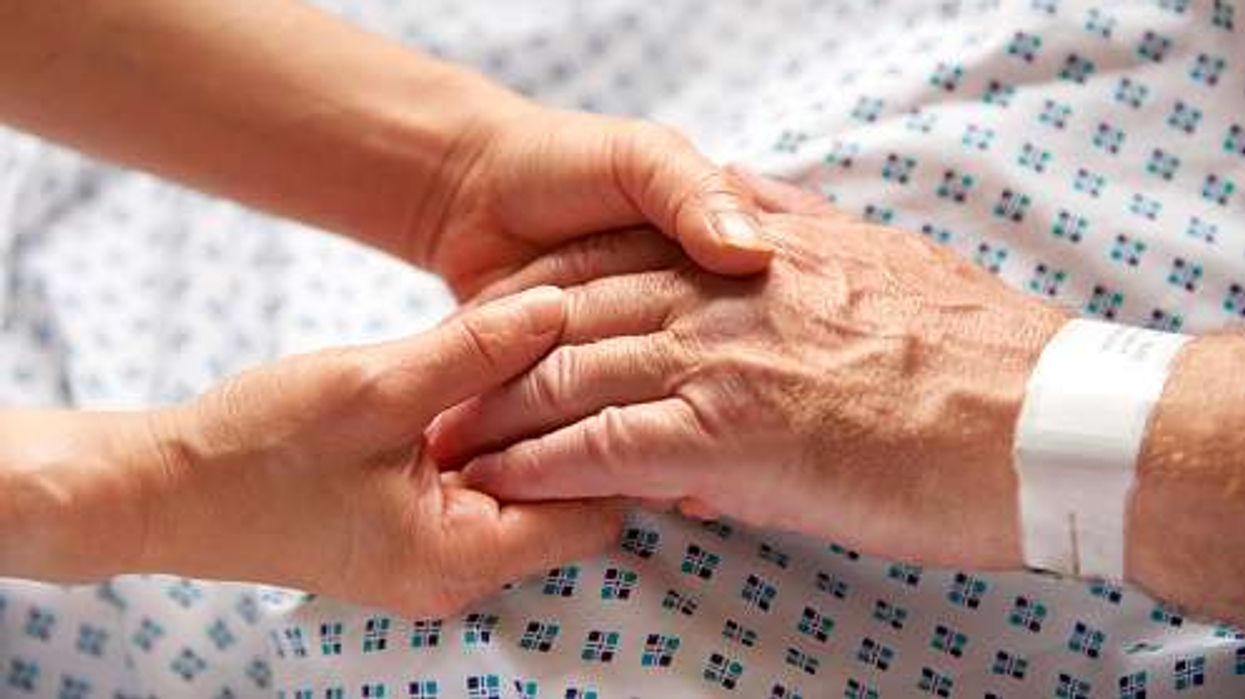The National Pharmacy Association (NPA) has asked community pharmacies to report all patient safety incidents despite growing work pressure due to a persisting virus pandemic.
Since March, there has been a significant decrease in the number of patient safety incidents being reported, the NPA said in its medication safety update for the second quarter of 2020.
Overall, there was a 44.5 per cent decrease in the number of incidents reported during the second quarter of the year, compared to the first quarter of 2020.
There was a 40.6 per cent decrease in the number of patient safety incidents when compared to the same quarter in 2019.
“This is a significant reduction in number of incidents being reported. This may be due to the increased workload and pressure on pharmacy teams due to Covid-19 pandemic, whereby pharmacy teams may not be prioritising reporting of patient safety incidents, or due to other, as yet unknown, reasons,” NPA said in its update.
Suggestions for community pharmacists
NPA advises community pharmacists to ensure that they report the actual degree of harm caused to the patient and not the potential harm that could have happened.
The pharmacy body also suggested pharmacists should make sure that they complete a detailed outcome if an incident did lead to moderate or severe harm to the patient. This allows a thorough analysis to be undertaken by the NPA.
Community pharmacists are also advised to ensure the incident form is fully completed, is accurate and includes sufficient details to allow meaningful analysis of the incident.
Highlights of NPA’s MSO report for second quarter of 2020
Out of the total patient safety incidents during the second quarter of 2020, 94 per cent of issues originated from the pharmacy. Two per cent of errors include prescribing errors and this is a two per cent decrease when compared to the first quarter of the year.
The most common type of incident reported during second quarter was ‘dispensing error’, which accounted for 83 per cent of all reported incidents.
Delivery, collection errors accounted for 10 per cent of the incidents reported - an increase of three per cent when compared to the first quarter of 2020.
The degree of harm caused to patients reported as ‘none’ which constitute 60 per cent and ‘near miss’ 25 per cent continues to make up the majority of reports.
The data reported over second quarter of 2020 has highlighted both good and poor reporting. There were no reports submitted where the degree of harm was reported as ‘severe’ or ‘death’.
There was a two per cent increase in the incidents involving self checking in the second quarter compared to first quarter of the year.
“‘Work and environment factors’ (40 per cent) continues to be the main contributing factor reported. This category includes time pressures, understaffing and poorly organised working environments,” NPA has pointed out.
Look-alike sound-alike (LASA) recorded an uptick with 21 per cent rise when compared to the last quarter and was a major contributing factor to the errors reported.
In addition to the LASA errors highlighted as high risk by NHS Improvement, three per cent of all reported LASA errors involved gabapentin and pregabalin. The reclassification of these medicines as schedule three controlled drugs (CDs) in 2019 has raised more awareness of their reporting.
However, even in the second quarter of 2020 the trend continues and a significant amount of incidents reported involve these medicines.











